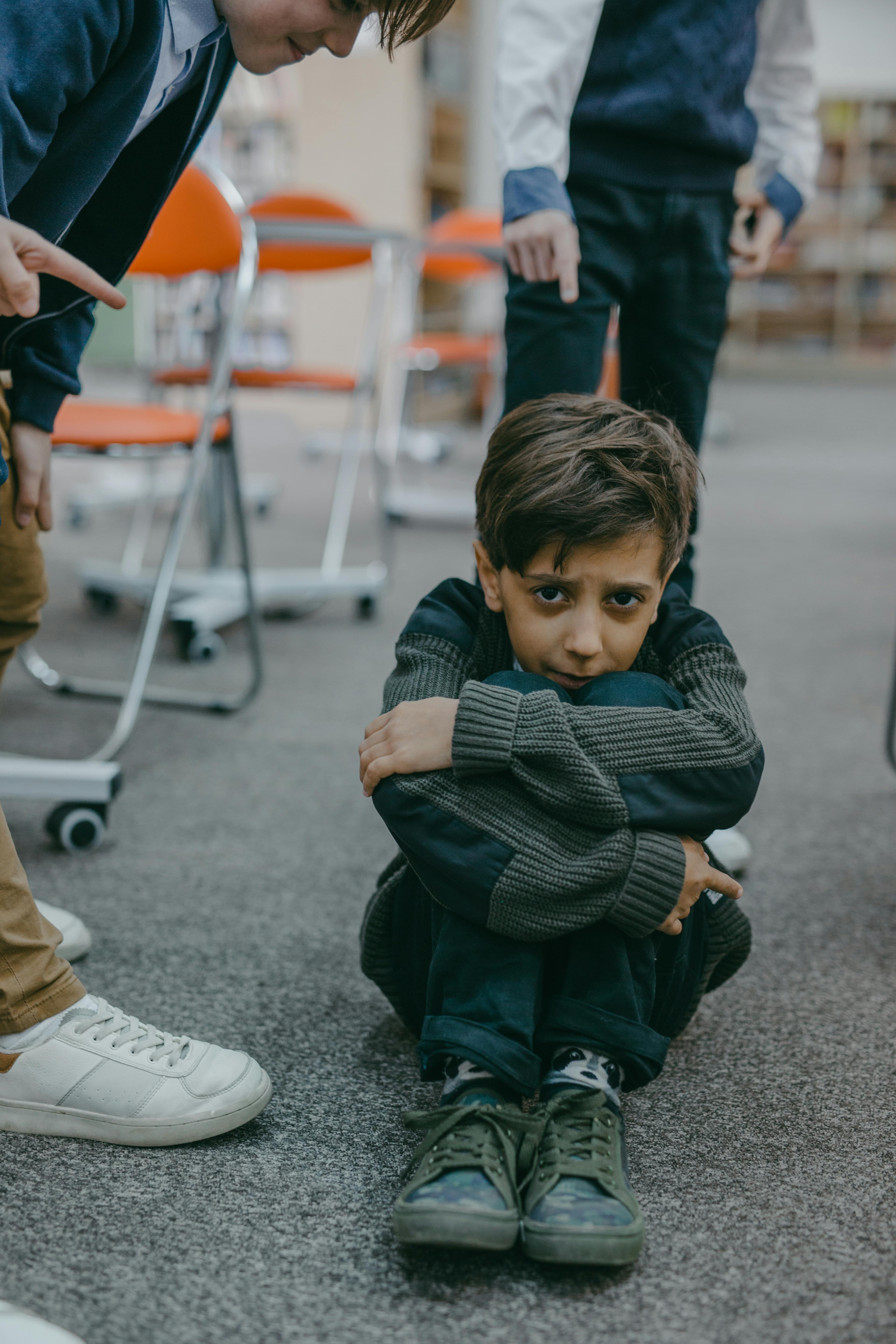April is Child Abuse Prevention Month—a time for individuals, communities, and organizations to come together to raise awareness, support survivors, and work toward preventing abuse before it happens.
Child abuse is a silent epidemic. Every year, millions of children suffer from physical, sexual, emotional abuse, or neglect—often by someone they know and trust. The impact doesn’t end in childhood; it echoes into adulthood, affecting mental and physical health, relationships, work, and self-worth.
Why Awareness Matters
Bringing awareness to child abuse isn’t just about knowing the signs—it’s about creating a culture of safety, responsibility, and healing. When we talk about child abuse, we remove the stigma that keeps survivors silent. We create space for prevention. And most importantly, we let children and adult survivors know: You are not alone.
Recognizing the Signs
Some common signs of abuse include:
- Unexplained injuries or frequent bruising
- Changes in behavior or extreme emotional responses
- Withdrawal from friends or usual activities
- Regression to earlier behaviors (bedwetting, thumb-sucking)
- Fear of going home or fear of certain individuals
- Poor hygiene, malnourishment, or inappropriate clothing for weather
While no single sign confirms abuse, a pattern or combination of warning signs should never be ignored.
Support and Healing for Survivors
Adult survivors of childhood abuse often carry invisible wounds. Many experience anxiety, depression, PTSD, chronic pain, or challenges with trust and intimacy. Healing is possible—but it begins with compassion, understanding, and access to the right support.
If you are a survivor: Your story matters. You deserve to be heard and supported without judgment. You are not what happened to you—you are who you choose to become.
What You Can Do
- Educate Yourself and Others: Understanding the dynamics of abuse helps you become a safe adult. Share resources. Talk with your children about boundaries and consent.
- Support Survivors: Listen without judgment. Believe them. Encourage professional help when needed.
- Report Concerns: If you suspect a child is being abused, report it. You may be the only voice that child has.
- Volunteer or Donate: Support child advocacy centers, foster care organizations, or prevention programs in your community.
Resources
If you or someone you know needs help, here are trusted resources:
- National Child Abuse Hotline – 1-800-4-A-CHILD (1-800-422-4453) | www.childhelp.org
- RAINN (Rape, Abuse & Incest National Network) – 1-800-656-HOPE | www.rainn.org
- National Domestic Violence Hotline – 1-800-799-7233 | www.thehotline.org
- Darkness to Light – Child sexual abuse prevention training and support | www.d2l.org
- CASA (Court Appointed Special Advocates) – www.nationalcasagal.org
- MSU Center for Survivors (Michigan-based support) – https://centerforsurvivors.msu.edu
Final Thoughts
As a survivor, advocate, and community member, I believe prevention starts with awareness and continues with action. Whether you’re sharing your story, supporting a child, or seeking healing for yourself—There is strength in reaching out.
This April let’s raise awareness. Let’s stand with survivors. Let’s build a future where all children are safe, loved, and free from harm.
You are not alone. You are seen. And healing is possible.

